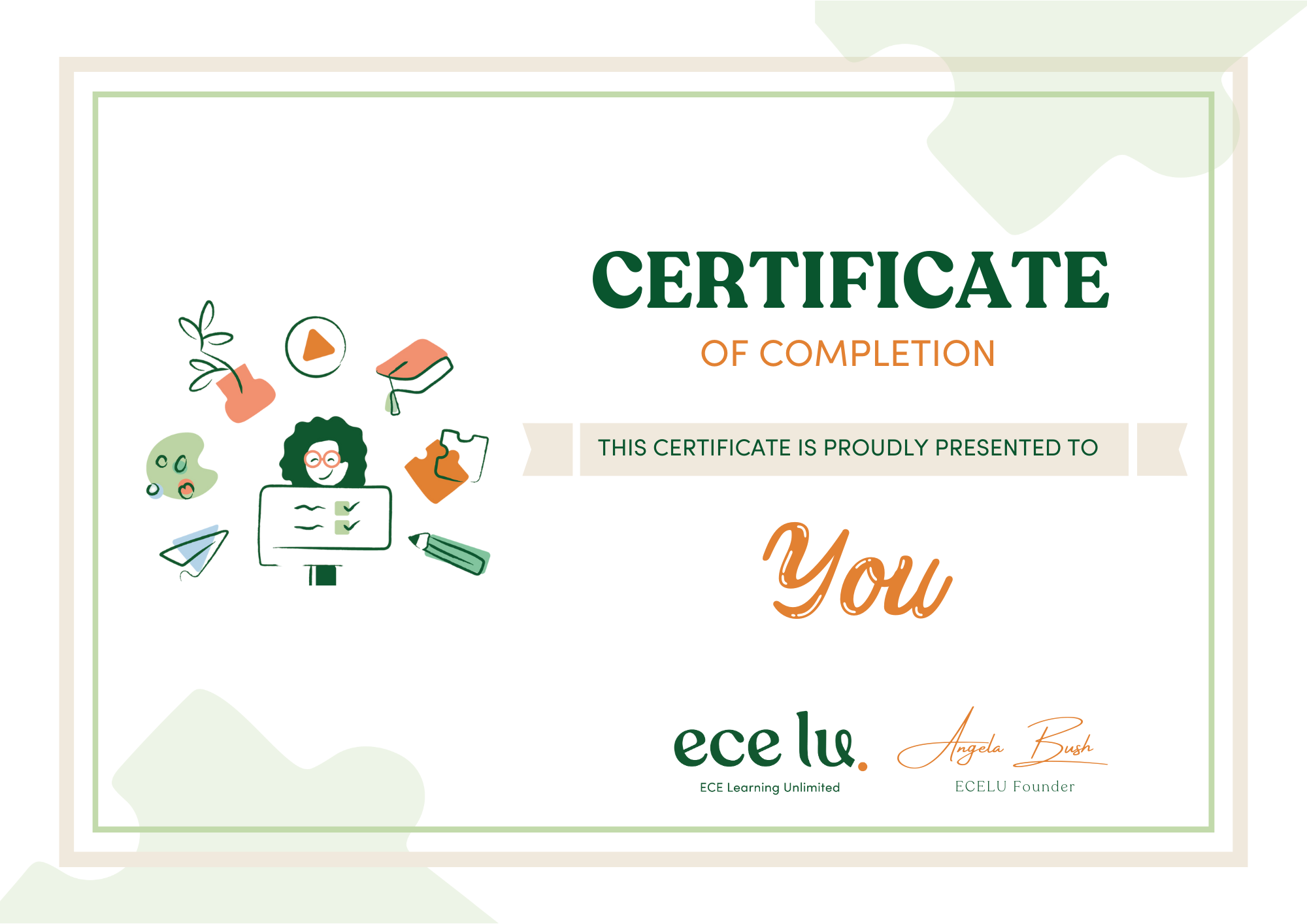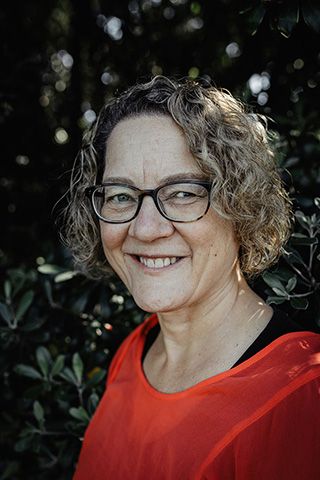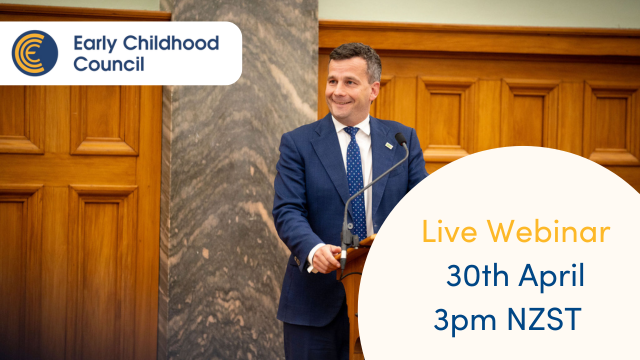2-025 course
Leading Teacher's Professional Growth Cycles
Strong professional growth cycles don’t just tick compliance boxes—they transform teaching practice and improve outcomes for children. This course gives leaders the tools, confidence, and practical know-how to make that transformation happen.
$99 per person *Included in ManagerClub

Here’s what you’ll cover:

Take a look at what is inside the course:

About the presenter
Barbara Watson (PhD)
Barbara is a qualified early childhood and primary teacher and has owned and managed early childhood centres. Having worked as part of the EC Professional Support team at the Faculty of Education for 7 years, she has strong links with The University of Auckland. While in this role Barbara facilitated a variety of workshops and programmes for a wide range of ECE services and also lectured on a number of ECE papers.
Barbara has a passion for supporting teachers to make effective links between theory and practice. Her Masters thesis focused on leadership and adult education and her PhD investigated how induction and mentoring programmes are enacted in education and care services. Barbara works with centre leaders as a mentor, coach and external appraiser.
It was good to get an understanding of the requirements vs different structures a centre could use. Knowing exactly what is required is important.
— Allesha
It helped me look at my own growth cycle more clearly and to look at a different way to view growth as well as that for educators and encouraging them to engage more.
— Karyn
Fantastic course, that I am now going to be able to create a robust PGC system for our ECE. Highly recommend this course to all.
— Kath





